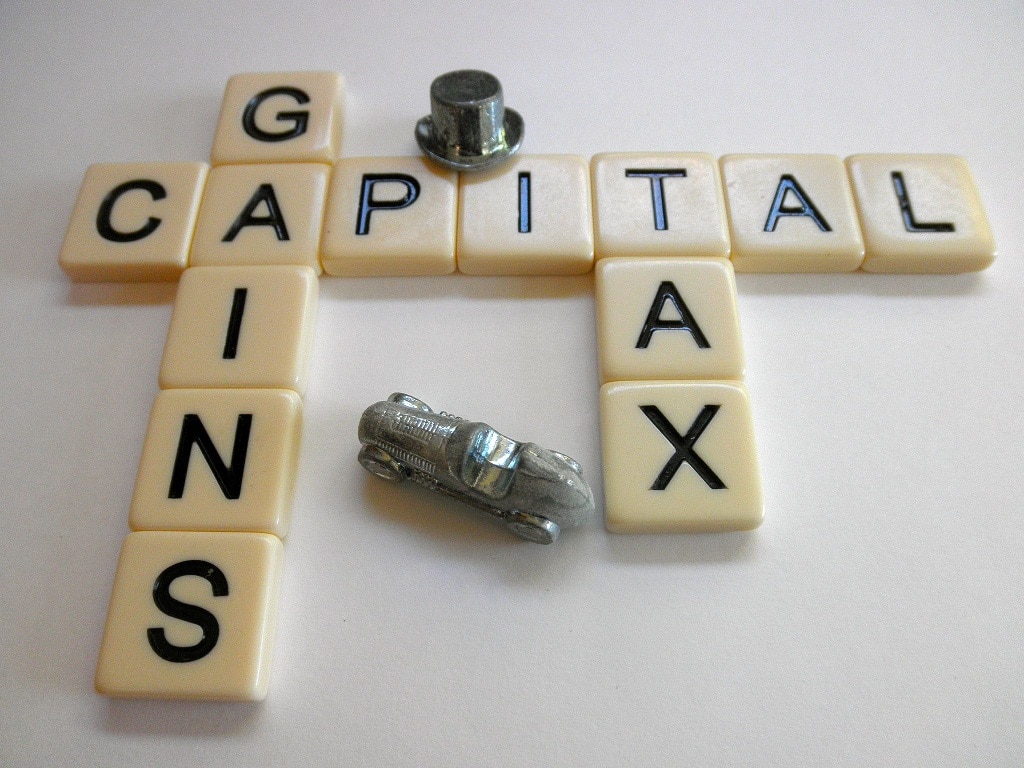The idea to index capital gains to inflation is not a new one. Largely supported by Republicans and criticized by Democrats, this issue has been argued by the legislative and executive branches of government for decades. The debate has re-emerged recently in the wake of the passage of the Tax Cuts and Jobs Act (TCJA) in December 2017.
After proposed changes to capital gains taxes were cut from the final TCJA, Congress was expected to take the lead in re-addressing the issue. Indeed, there have been several legislative proposals to index capital gains introduced this year in both the House and Senate; however, they are unlikely to be included in “Tax Reform 2.0.”
Since those Congressional efforts have been delayed, the GOP is reportedly looking to find another way to make the change happen. According to White House Press Secretary Sarah Huckabee Sanders, “No administration policy has been determined, but the president has asked the Treasury Department to take a look into it.” Any executive action would likely come by way of Treasury regulations.
In an interview with the New York Times earlier this summer, Treasury Secretary Steve Mnuchin commented on the Treasury’s actions on this issue. “If it can’t get done through a legislation process, we will look at what tools at Treasury we have to do it on our own and we’ll consider that,” Mnuchin told the Times.
He noted that his department was still studying whether it could bypass Congressional approval by using its regulatory powers to allow Americans to account for inflation in determining capital gains tax liabilities. The Treasury could change the definition of “cost” for purposes of calculating capital gains on certain investments such as stocks, bonds, and real estate, allowing taxpayers to adjust the initial value of an asset for inflation when it sells. In other words, only gains which exceed the rate of inflation would be subject to tax.
Background on Indexing Capital Gains
One only need look at the history of indexing other elements of the Internal Revenue Code to quickly understand the crux of the argument for indexing. Perhaps the most important tax reform enacted by President Reagan in the early 1980s was to index income tax brackets to inflation. This reform prevented families whose incomes merely rose at the same levels as inflation from getting pushed into higher tax brackets. Although this seemingly unfair tax was ended by indexing the brackets to inflation, taxpayers are still hit by inflated taxes on capital gains due to lack of indexing.
For example, assume a stock purchased 10 years ago by an investor for $1,000 is now valued at $1,500. If the investor sold the stock, he would incur up to a 23.8% capital gains tax ($119) on the $500 gain. Additionally, he may also be liable for state-imposed capital gains taxes. However, his investment has gained only $7 in real terms, increasing this investor’s effective capital gains tax rate to 139%! If these gains were indexed to inflation, his tax bill would be reduced to $1.67.
The “inflation tax” increases along with the length of time the investment is held. If the inflation-adjusted “gains” turn out to be losses, the effective tax rate can be infinite. In 2013, the Tax Foundation analyzed this issue and found that the average effective tax rate on real, inflation-adjusted capital gains was 42.5% — almost twice as much as the 23.8% tax rate!
Impact on the Economy
Many arguments can be made about the negative impact of non-indexed capital gains tax rates. Some analysts point out that this unfair tax locks up too much capital – who would want to sell capital stock at a loss and then still pay a significant tax bill? Additionally, a lack of capital gains indexing can discourage long-term investing as investors seek to avoid higher rates on those gains.
Supporters argue further that indexing capital gains will boost the economy. The only question, they suggest, is by how much? A Congressional Research Service report concludes that the growth impact would be modest. However, Americans for Tax Reform, a politically conservative U.S. taxpayer advocacy group, quotes former Treasury economist Gary Robbins’ estimates on economic growth. He figures that indexing capital gains to inflation would boost U.S. capital stock by $1.1 trillion, increase the GDP by about $500 billion, and create 400,000 new jobs by 2025.
Proponents also argue that the “cost” of reforming the capital gains tax would quickly be recaptured due to the faster economic growth. Estimates range from 12% to 24% for this growth effect.
What’s Next?
It remains to be seen if the Treasury Department has the legal authority to act unilaterally, or whether it must wait for Congress. Certainly, if the Trump administration pushes for such an action, it will be challenged in court. We will continue to monitor the issue and post updates on our website. As always, questions and comments can addressed to Bob Grossman or Don Johnston at 412-338-9300.






